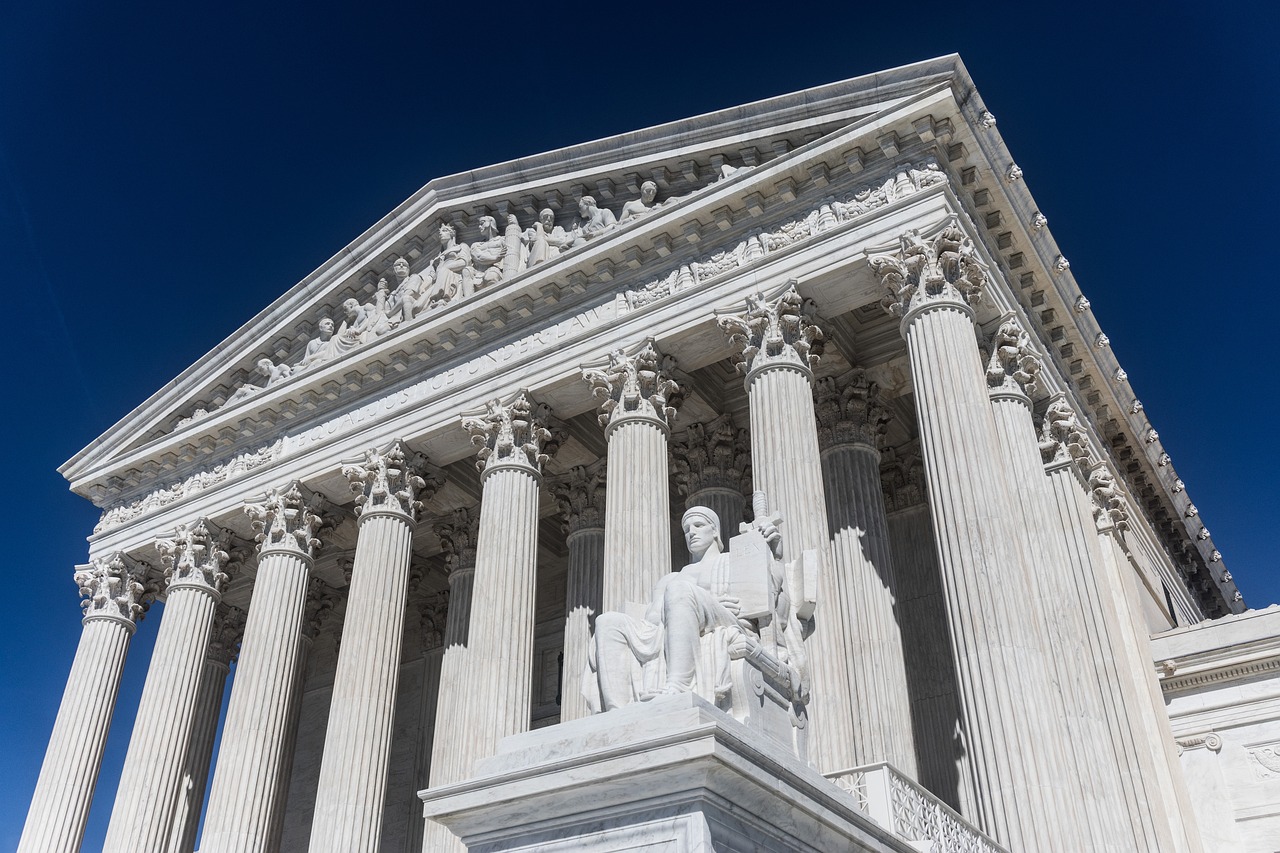The United States Department of Justice is set to expand its digital asset crime enforcement teams in the coming months as part of wider plans to reduce virtual-asset-related crimes.
In a speech delivered on July 20, at the Center for Strategic and International Studies, Nicole Argentieri, the Principal Deputy Assistant Attorney General disclosed the department’s plans to revamp the division.
According to her, the National Crypto Enforcement Team (NCET) will become a permanent body within the criminal division to handle cryptocurrency-related investigations.
The NCET, established in 2021 has taken on high-profile investigations and would now be merged with the Computer Crime and Intellectual Property Section (CCIPS).
Though merged, the NCET would continue investigating and prosecuting related offenses, leveraging the larger structure and added resources.
“It’s now time to bring NCET to the next level, merging it into [Computer Crime and Intellectual Property Section] will give it the resources and runway to accomplish even more.”
The new arrangement will see the team get a new leader with Claudia Quitoz serving as its acting director. Per the briefing, former director Eun Young Choi, the former director will be moving to another position within the Justice Department.
The NCET as an independent unit within the CCIPS will get maximum resources including its prosecutors handling crypto fraud cases being placed on equal footing with those in the CCIPS.
The number of staff would also double across key areas as crypto and cyber-related offenses continue to rise in several states.
The NCET is an “an enormously successful startup.”
Argentieri during her briefing lauded the efforts recorded by the NCET in the last two years in tackling ransomware crimes in the country.
She noted that the team is “supercharged” to tracking criminals through their crypto transactions and freezing such assets “before they go to Russia and other ransomware hotspots.”
The NCET swung into action with Choi explaining the department’s focus on decentralized finance theft and hacks. Notable among the issues faced by the department is the infamous FTX scandal.
The team has helped bring charges against Sam Bankman Fried including investigations into FTX and its sister company Alameda Research.
Aside from FTX, the team was also at the fore of the case against Bitzlato, a Hong Kong-based digital exchange, and most recently, its investigation into Binance.
Ari Redbord, a former federal prosecutor, noted that the space has changed within the last couple of years, therefore there is a need for more reforms on the part of prosecutors.
“I think over the last couple of years what DOJ has realized is that we’ve moved to a digital battlefield, where wars are fought on blockchains. The reality is if this is the future, every prosecutor, every investigator, is going to need to understand these cases.”
The United States Department of Justice is set to expand its digital asset crime enforcement teams in the coming months as part of wider plans to reduce virtual-asset-related crimes.
In a speech delivered on July 20, at the Center for Strategic and International Studies, Nicole Argentieri, the Principal Deputy Assistant Attorney General disclosed the department’s plans to revamp the division.
According to her, the National Crypto Enforcement Team (NCET) will become a permanent body within the criminal division to handle cryptocurrency-related investigations.
The NCET, established in 2021 has taken on high-profile investigations and would now be merged with the Computer Crime and Intellectual Property Section (CCIPS).
Though merged, the NCET would continue investigating and prosecuting related offenses, leveraging the larger structure and added resources.
“It’s now time to bring NCET to the next level, merging it into [Computer Crime and Intellectual Property Section] will give it the resources and runway to accomplish even more.”
The new arrangement will see the team get a new leader with Claudia Quitoz serving as its acting director. Per the briefing, former director Eun Young Choi, the former director will be moving to another position within the Justice Department.
The NCET as an independent unit within the CCIPS will get maximum resources including its prosecutors handling crypto fraud cases being placed on equal footing with those in the CCIPS.
The number of staff would also double across key areas as crypto and cyber-related offenses continue to rise in several states.
The NCET is an “an enormously successful startup.”
Argentieri during her briefing lauded the efforts recorded by the NCET in the last two years in tackling ransomware crimes in the country.
She noted that the team is “supercharged” to tracking criminals through their crypto transactions and freezing such assets “before they go to Russia and other ransomware hotspots.”
The NCET swung into action with Choi explaining the department’s focus on decentralized finance theft and hacks. Notable among the issues faced by the department is the infamous FTX scandal.
The team has helped bring charges against Sam Bankman Fried including investigations into FTX and its sister company Alameda Research.
Aside from FTX, the team was also at the fore of the case against Bitzlato, a Hong Kong-based digital exchange, and most recently, its investigation into Binance.
Ari Redbord, a former federal prosecutor, noted that the space has changed within the last couple of years, therefore there is a need for more reforms on the part of prosecutors.
“I think over the last couple of years what DOJ has realized is that we’ve moved to a digital battlefield, where wars are fought on blockchains. The reality is if this is the future, every prosecutor, every investigator, is going to need to understand these cases.”
